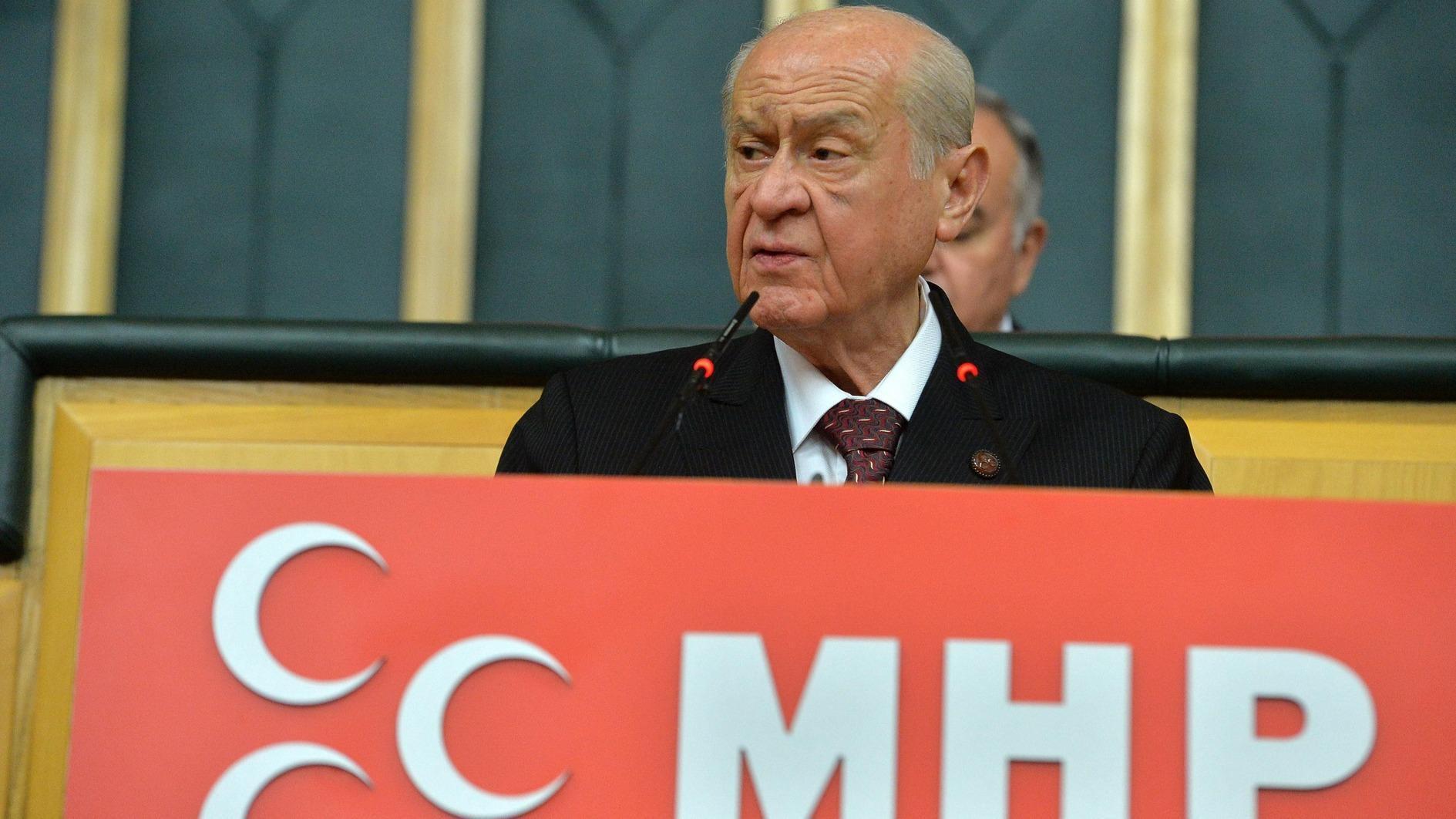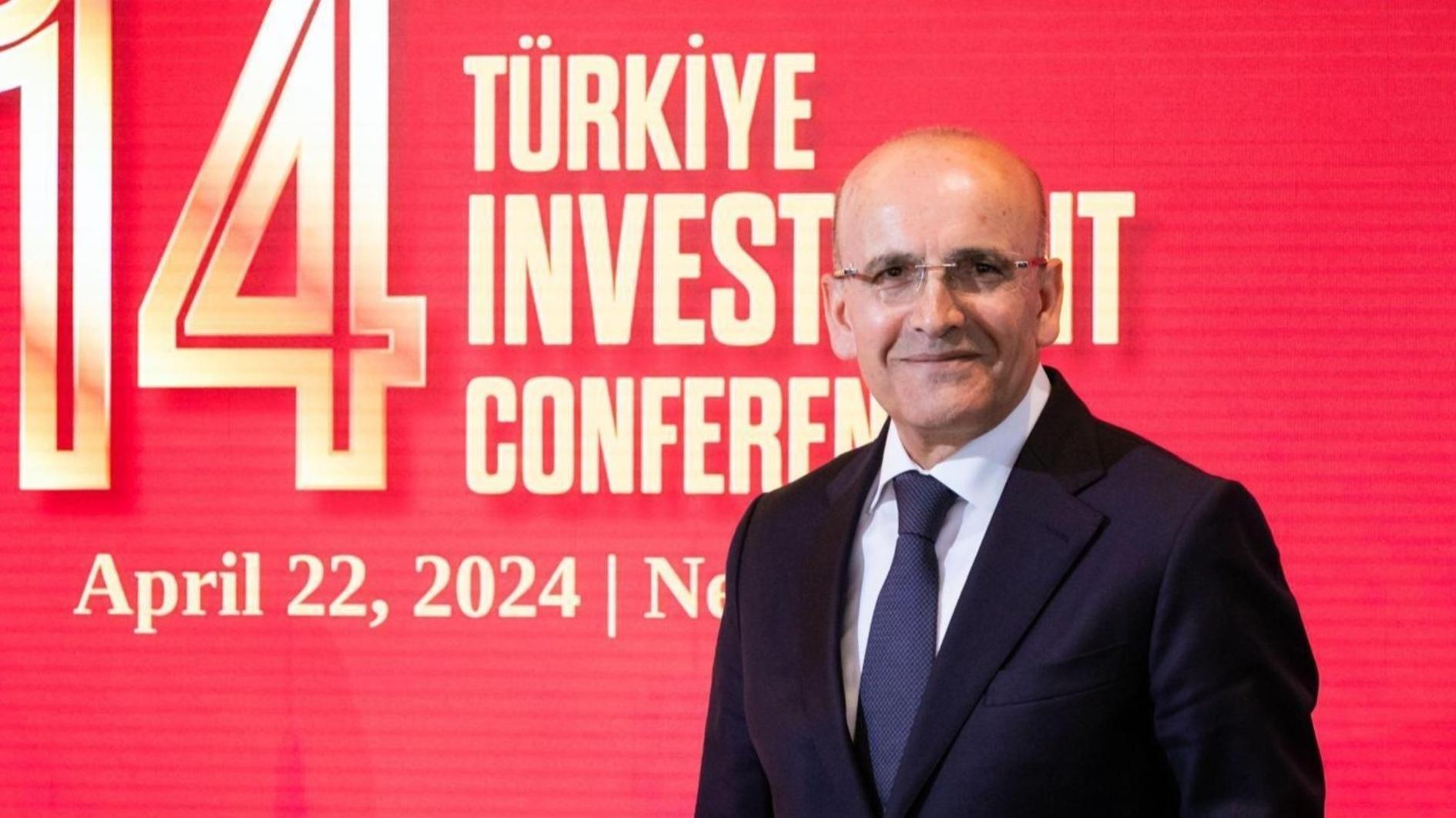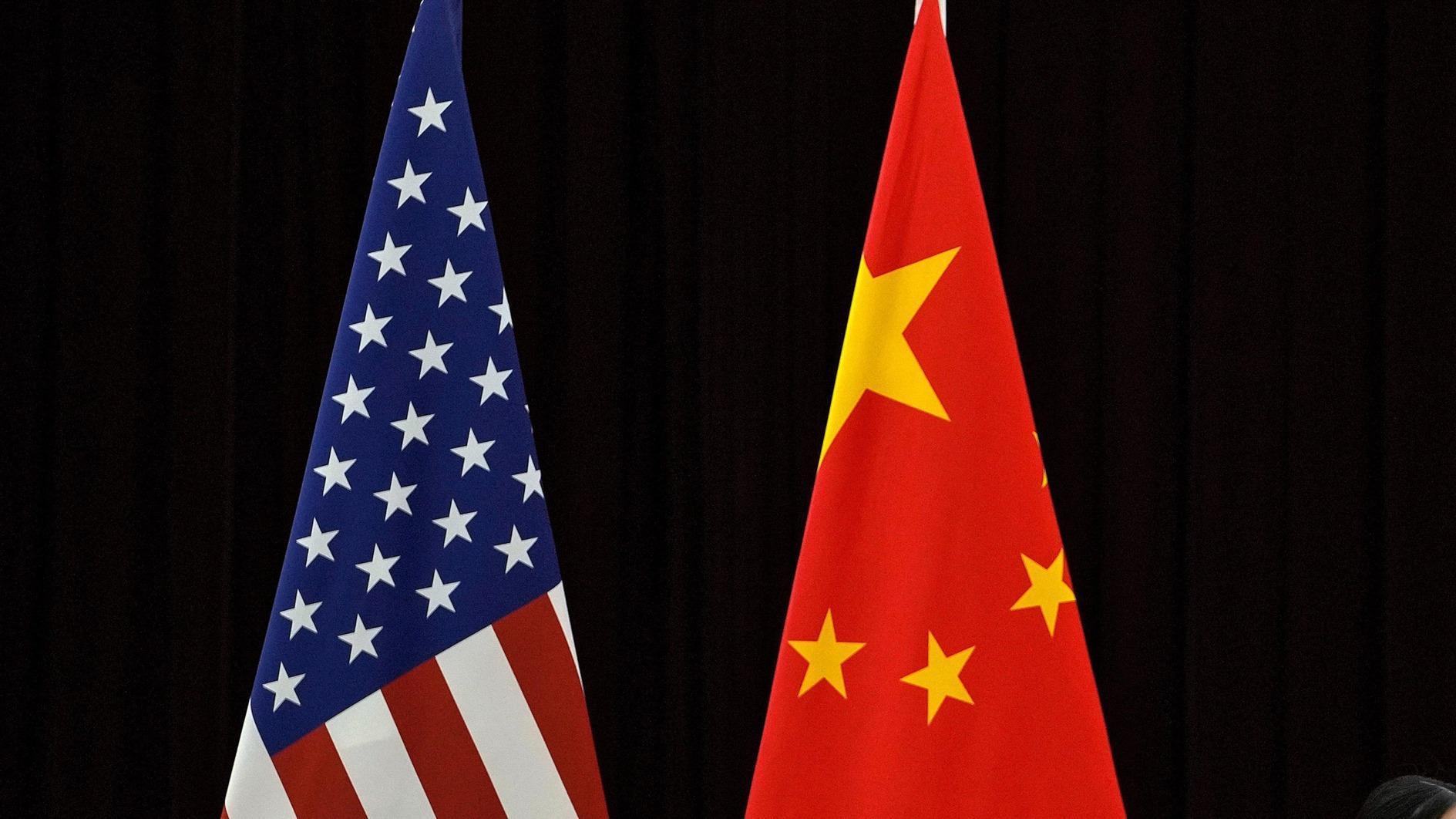What’s wrong with the Northern Irish and Kurdish cases?
Sisyphus is the name of a king in Greek mythology. Accordingly, he was punished and condemned by gods to roll an immense boulder up a hill, only to watch it roll back down and then to repeat this action forever. Again and again.
Peace processes are exactly like this. After struggling for decades to bring the process up to a certain point, one single incident can make the boulder roll all the way down.
This is true not only for Turkey. The Northern Irish peace process which has always been cited as a success story for Turkey is also having hard times these days.
Last August, former IRA member Kevin McGuigan Sr. was shot dead at his home in Belfast which, according to the police, was committed by the members of the IRA. This sparked arguments that the IRA still exists, although it announced in 2005 that it was disbanding all its military structures.
Upon that last week, three well-known Republicans were arrested, all of them senior members of Sinn Fein, which is the political wing of the IRA.
Right after that, Northern Ireland’s First Minister (which is equivalent to prime minister) Peter Robinson resigned along with other ministers in his cabinet.
Now everyone is trying to understand: Had the IRA not made peace after the “Good Friday Agreement” in 1998? Had it not left arms and dissolved in 2005? Is the peace now broken?
Prof. Bill Park who is an expert on the Northern Irish case and lectures high ranking soldiers on this subject at the Defence Academy of the U.K., says the process has not failed or come to an end. According to him, this incident has only revealed that the IRA still exists and has not totally disarmed.
“Actually the politicians, intelligence, army, everyone knew this. Yet they pretended as if they didn’t. So this crisis actually only revealed that they knew but pretended,” he says.
This revokes the recent statements of President Erdoğan saying that it was lately revealed the Kurdistan Workers’ Party (PKK) heavily stockpiled arms in the southeast of Turkey during the peace process. Apparently governments undertake this kind of risks for the sake of the process.
Yet the Northern Irish case is different than the one in Turkey in many terms. First of all, the leaders of Sinn Fein are also former commanders of IRA. So the negotiating people were also controlling the arms.
In Turkey, on the other hand, there are several actors on the Kurdish side, namely the imprisoned leader of the PKK Abdullah Öcalan, the Peoples’ Democratic Party (HDP), which is the Kurdish political party, and the PKK. Hence while in the Northern Irish case the government had only one point of contact, the Turkish government has several ones, which seriously harms the process.
Moreover that Sinn Fein was able to completely dominate the IRA and also facilitated the process.
In addition, it was not only the government headed by the-then Prime Minister Tony Blair and his Labour Party, who embraced the process. All of the opposition parties in Britain also gave their full support, taking a bipartisan and post-nationalist approach. “This is because they saw it as a British state problem on which there should be a consensus on,” says Park.
“As a result of this consensus, the government constantly informed the opposition about the process to make sure they were all marching to the same tune,” he adds.
In Northern Ireland, an independent monitoring committee also played a critical role. The so-called “Independent International Commission on Decommissioning” was composed of an American, a Finnish and a Canadian.
The United States also greatly contributed as a mediator. This was possible, despite the fact that a portion of Irish-Americans in the U.S., who number more than 40 million, had given major financial support to the IRA, becoming the principle source of the organization. And who the U.S. had turned a blind eye to.
It was only after the Sept. 11 attacks when the U.S. harshened its position towards the IRA. The attacks transformed the political climate in the U.S. as a result of which it started to stand in the way of this financial transfer, squeezing the IRA into a corner.
In other words, the international context is also quite different. The Northern Irish process took place in the post-Sept. 11 atmosphere when the international community was standing rigid against terrorism.
In the Turkish case, however, the wind is blowing back. The process is pursued at a time when the PKK has become the strongest fighting force against Islamic State of the Iraq and the Levent (ISIL) on the ground in Iraq and Syria, which provided it with some international legitimacy. This, in turned, greatly boosted its self-confidence.
Bill Park also underlines the fact that the recent attacks targeting the HDP headquarters and innocent Kurdish civilians throughout Turkey, had not happened in Britain at all. According to him, this is mainly because Northern Ireland is geographically a separate island. Hence the problem did not exist on the mainland and British people on the mainland perceived it as a problem “out there.”
Last but not least, since Kurds are spread out in four countries in the region, namely Turkey, Iraq, Iran and Syria, this adds to the Kurdish question a regional dimension and requires its solution within a regional framework.
Apparently the mountain ahead of Turkey is much steeper. And the boulder is much more inclined to roll down. Yet at least the lessons to be taken are as clear as crystal.











